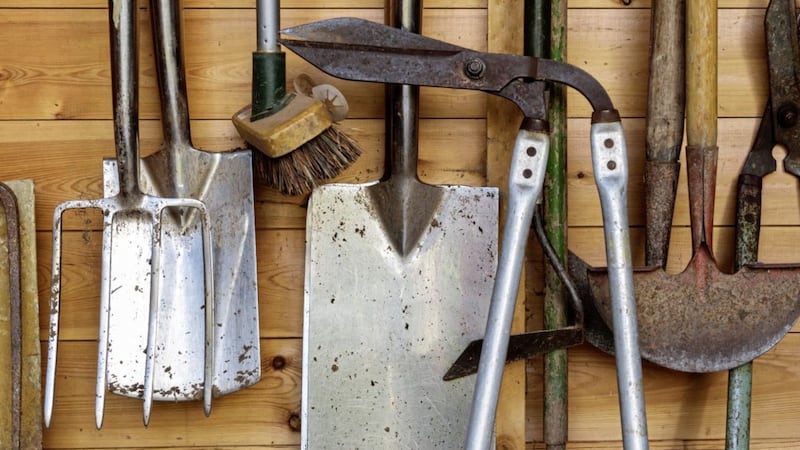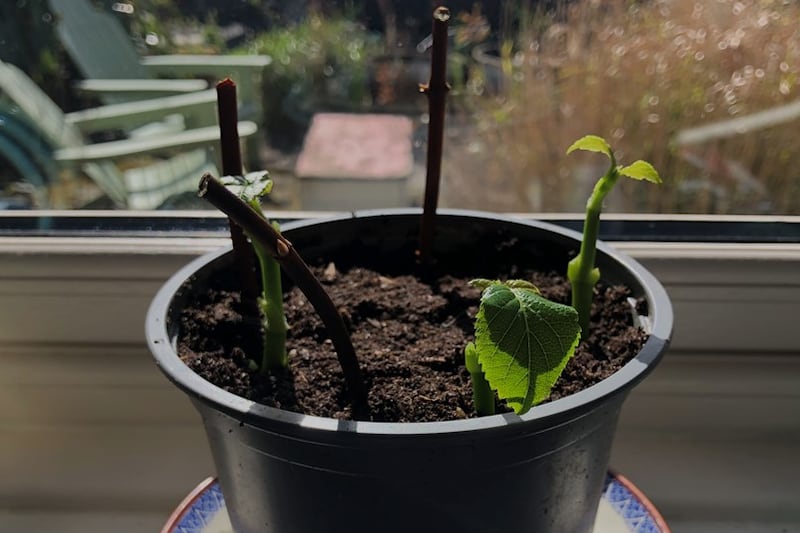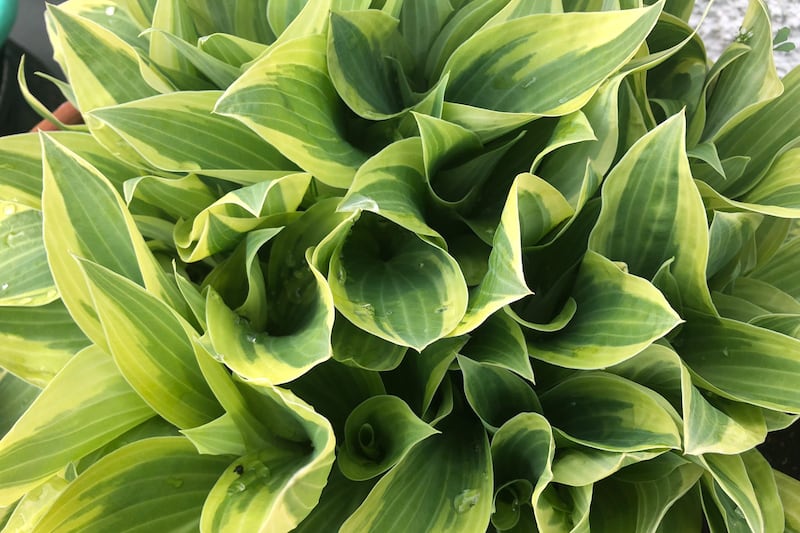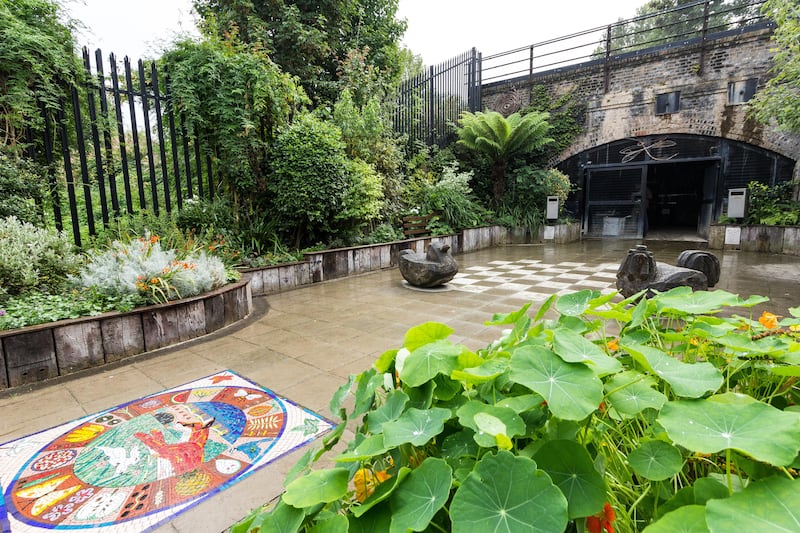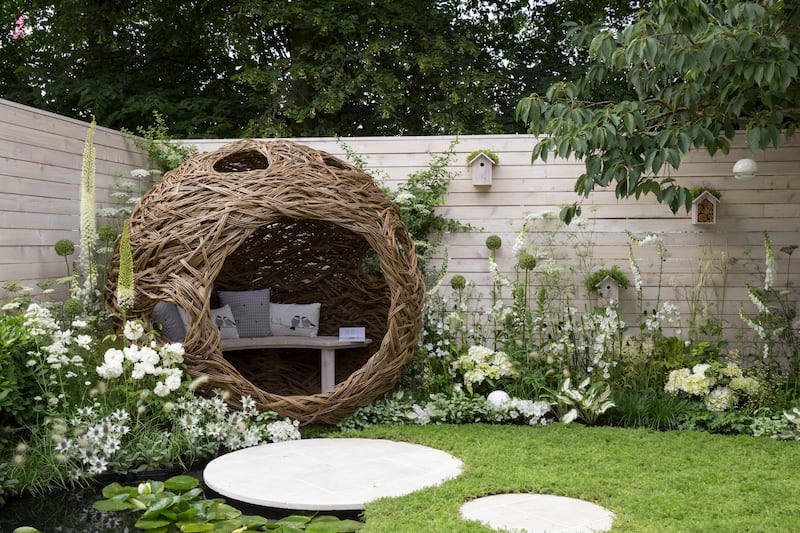YOU may have cleared up the garden for winter, but chances are you put most of the stuff in your shed, from flower pots and bamboo canes to rusty, duplicated tools and half-used compost bags.
If you can’t now get into your shed for clutter, it’s time to have a clear-out, says Jack Sutcliffe co-founder of shed company Power Sheds (powersheds.com).
“With sheds being slightly out the way, it’s easy to sometimes forget about them,” says Sutcliffe, who offers these tips for how to get your shed decluttered and reorganised in no time.
1. Take everything out: Sheds can often turn from a place where you store garden tools and equipment into a dumping ground for things you no longer use or want in the house. For this reason, it’s important to take everything out and do a full inventory of all the items you’ve had stored in the shed. This will make it easier to then decide what to keep and what to throw away when you reorganise the shed.
2. Decide what to keep and what to ditch: Once you can easily see all the items you had stored, decide what stays and what goes. Put your things into three piles – the things to keep, anything that’s broken and in need of throwing away, and anything you no longer need that can be given away. The old paint you’ve had open for months or years, the duplicate tools, the broken garden pots you thought you’d use again, but you know deep down you won’t – it’s time for them to go. Make sure you keep all your essential tools, as well as the ones you know for sure you’ll be using season after season, such as gardening equipment or lawnmowers.
3. Rethink your shed storage: Optimising the storage capacity in your shed is essential. When you leverage its full capacity, you’re then able to find things much easier and store more items.
To maximise storage capacity:
1. Install a few more shelves to help with the vertical organisation.
2. Use a pegboard or a magnet to display small tools such as pliers, screwdrivers or paintbrushes.
3. Put up hooks for items you can hang such as brooms, forks or shovels.
4. Make use of the ceiling by installing bike hangers. This is particularly useful if your household has more than one bike.
4. Make your storage more ‘green’: Before you buy a pegboard or new shelves, consider if you can recycle any items you no longer use which can be repurposed as storage. For example, any old racks or furniture, including drawers, could work a treat. They will make use of the vertical space and allow you to compartmentalise all your tools.
If you have one at your disposal, you could even use an old car wheel to hang a long hose, and old jars or tins to store small things like screws or nails. Just add some labels and your ‘green’ shed organisation is complete.
5. Spruce up the shed: After the inventory, categorisation and storage capacity have been checked off the list, give it all a deep clean. Dust any surface, sweep the floors, maybe even repaint parts of the shed that need it. Then place all your equipment back into the shed and make sure you can walk from the front to the back of your shed so that you can quickly and easily access anything you need. That’s how you know you’ve done a great job and your shed is now super tidy.
